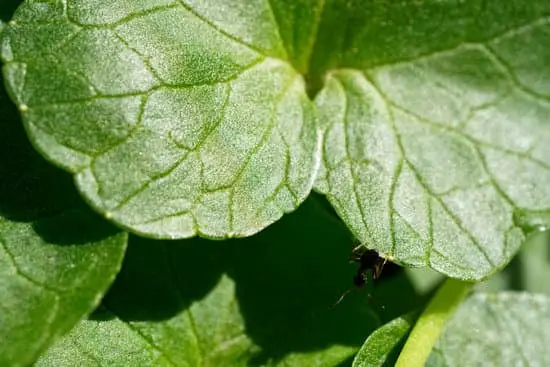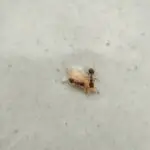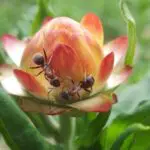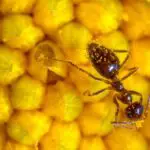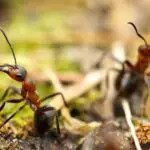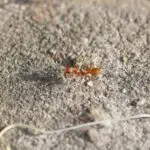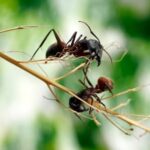How Do Ants Help the Environment?
Besides being the main source of food for many animals, ants are also a vital part of the ecosystem. They help to keep the surrounding environment clean by eating dead animals and organic waste. They also help in soil aeration by digging tunnels.
Another interesting fact about ants is their ability to carry and store seeds. These seeds will survive in the nutrient-rich ant nests they carry. They can be transported to new, more nutrient-rich habitats. They also protect the seeds from predators.
These ants can also help with pest control. They are effective predators of other insects. Many ants feed on serious crop pests.
A study at the University of Exeter in England found that ants are actually ecosystem engineers. They help to aerate the soil, decompose organic waste, and regulate the water balance in the soil. They also help to carry seeds to safer locations.
The authors of the book “Empire of Ants” describe the ant’s ability to cultivate fungi gardens. This is especially useful in areas with frequent fires.
Ants are also very efficient decomposers. They eat organic waste and dead animals, and they carry seeds. They also help to decompose plants.
While many species are considered to be detrimental to the environment, ants are not. They can help with soil aeration, and they also help to decompose dead animals.
Scientists are now using ants as indicators of ecological restoration efforts. These ants can tell scientists how well ecological restoration efforts are working. In addition, they can be a source of information about which species are important in an ecosystem.
